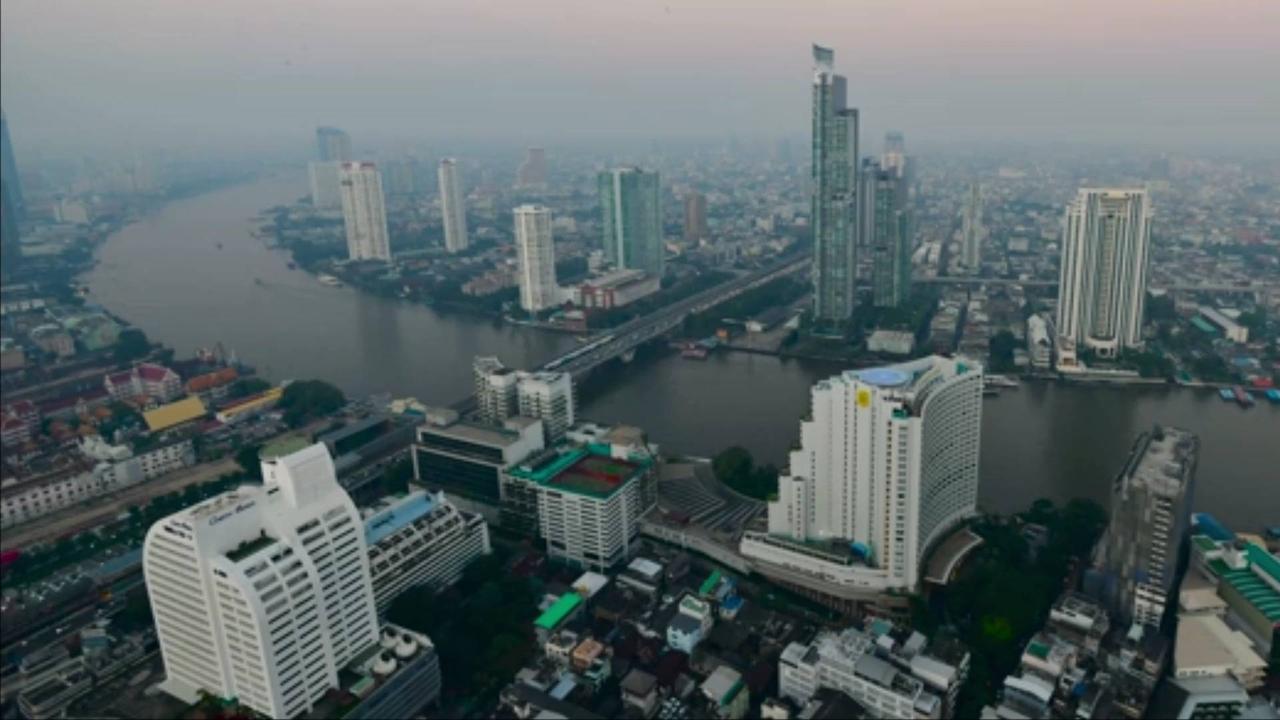
Southeast Asia, Faces Both Increased , Pollution and Temperatures.
NBC reports that the combination of a brutal heat wave and concerning levels of air pollution has struck Southeast Asia.
.
According to experts, the combo has the potential to make an already dangerous situation even deadlier.
In the past week, both Vietnam and Laos have recorded all-time highs.
.
NBC reports that thick smog combined with high temperatures can result in an increase in respiratory, cardiovascular and kidney diseases.
When you have both these exposures — and especially extremes of these exposures — their combined effect is more than the sum of their parts, Erika Garcia, environmental epidemiologist at the University of Southern California Keck School of Medicine, via NBC.
According to a study published in the 'American Journal of Respiratory and Critical Care Medicine,' a combination of high temperatures and air pollution increases the risk of death by 21%.
According to a study published in the 'American Journal of Respiratory and Critical Care Medicine,' a combination of high temperatures and air pollution increases the risk of death by 21%.
Heat will cause the blood vessels to dilate and air pollution will increase inflammation in the lungs and throughout the body, so this can further increase the risk of heart attacks, strokes and other cardiovascular events, Rajesh Kumar, project scientist with the National Center for Atmospheric Research in Colorado, via NBC.
According to Rajesh Kumar, a project scientist with the National Center for Atmospheric Research in Colorado, these health impacts present a global concern.
.
NBC reports that ongoing greenhouse gas emissions and more frequent and severe heat waves caused by global warming could trigger a public health crisis.
There are people who can’t protect themselves, people who don’t have air conditioning, people who have to work outside.
There should be an urgency to help these people, Dr. Wynne Armand, primary care physician at Massachusetts General Hospital, via NBC
